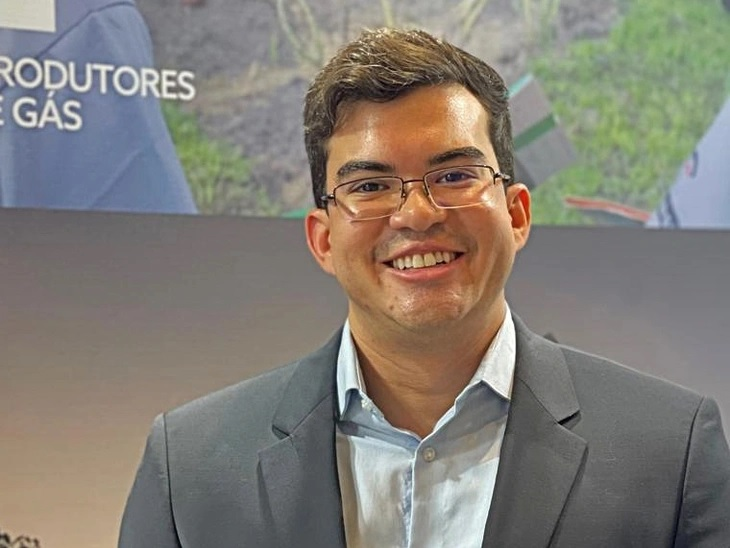
Press Office ABPIP

The Brazilian oil and gas sector is undergoing a decisive transformation, where the valorization of mature and marginal fields and the adoption of solutions like tie-backs can redefine the industry's competitiveness and strengthen national energy security. Although large offshore projects remain protagonists, it is the smaller assets—often seen as secondary—that play a fundamental role in creating jobs, boosting the economy of inland regions, and maintaining a diversified and resilient productive base.
These fields, located in mature basins such as Potiguar, Recôncavo, and Sergipe-Alagoas, support thousands of direct and indirect jobs, move local supply chains for goods and services, and contribute to the internalization of development. Offshore, the Campos Basin is an emblematic case: its revitalization increasingly depends on tie-back solutions, which allow connecting new reservoirs to existing production units, optimizing infrastructure, reducing costs, and lowering the carbon footprint of operations. In the context of an energy transition, this approach is not only viable but necessary.
However, the attractiveness of these assets still faces regulatory barriers and the absence of specific public policies. Excessive ancillary obligations, disproportionate rules compared to the economic scale of the projects, rigid requirements for decommissioning financial guarantees, and slowness in contract extensions are some of the factors that elevate risk and compromise economic viability. In many cases, the lack of incentives ends up accelerating the premature abandonment of fields that still have productive potential and socioeconomic relevance.
It is in this scenario that the strategic agenda of the Brazilian Association of Independent Oil and Gas Producers (ABPIP) is inserted, which advocates for regulatory adjustments aimed at the sustainability of these assets. Among the priority measures are: the reduction of the royalty rate to the legal minimum, in line with what is provided for in the legislation; the implementation of a Simplified Development Plan for smaller-scale assets; the review of requirements related to decommissioning financial guarantees, in proportion to the risk and scale of the project; the simplification of farm-out procedures; and the creation of swift mechanisms for contract extension in fields of low economic attractiveness. Such measures do not represent isolated concessions to the sector but instruments of public policy aimed at preserving and expanding the contribution of mature and marginal fields to the country's development.
International experience shows that more proportional regulatory regimes, adapted to the life cycle of assets, are fundamental to maintaining production longevity and stimulating new investments. In Brazil, the challenge is to reconcile technical rigor and environmental protection with regulatory efficiency and legal certainty. Modernizing the regulatory environment does not mean reducing environmental requirements or compromising safety standards, but rather making the sector more competitive and aligned with the objectives of national energy policy.
The benefits of an adjusted regulation go far beyond the producing companies. They mean energy security for the country, stability in the supply of natural gas for the industry, opportunities for revitalizing mature fields, creating quality jobs in regions outside the axis of large urban centers, and, above all, a just energy transition that combines economic growth with socio-environmental responsibility.
It is time to recognize that mature and marginal fields, as well as tie-back projects, are strategic assets for the future of the oil and gas industry in Brazil. Valorizing these projects through adequate incentives and regulatory adjustments is to ensure that the country not only maintains its energy relevance but also strengthens its sovereignty, its ability to attract investments, and its agenda for sustainable development.
About the author: Lucas Mota de Lima is the Executive Manager of ABPIP – the Brazilian Association of Independent Oil and Gas Producers. He holds a degree in Petroleum Engineering from the Federal University of Campina Grande (UFCG), a bachelor's degree in the United States, and a master's degree in the energy graduate program from the University of São Paulo (USP).
Contact us